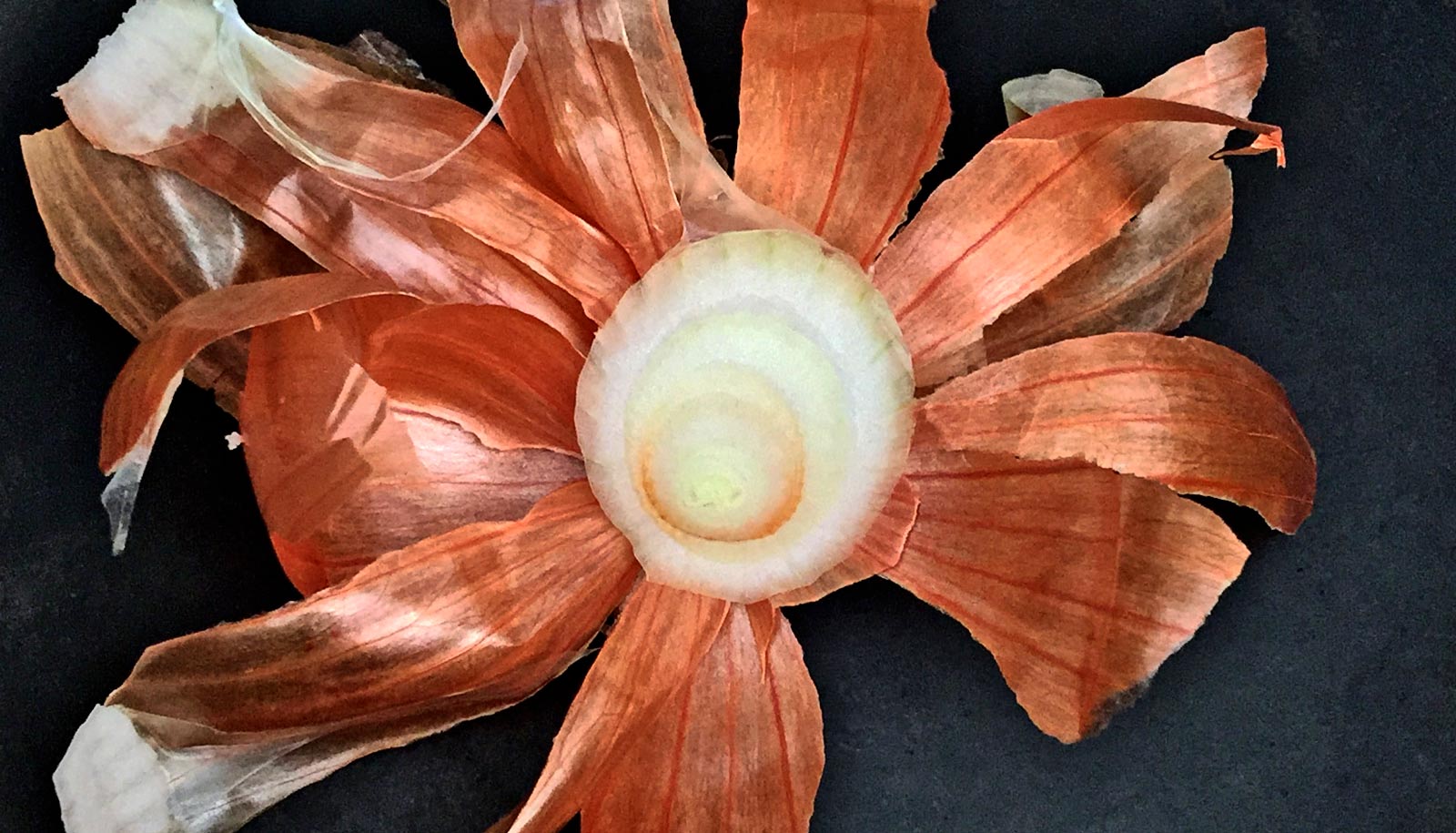Five ways fish are more like humans than you realise
You share the same drug habits, the same age-related memory problems and are similarly impatient when forced to wait for food.
Matt Parker, Senior Lecturer in Neuroscience and Psychopharmacology, University of Portsmouth •
conversation
March 31, 2021 • ~8 min
March 31, 2021 • ~8 min
In fish, parents' stressful experiences influence offspring behavior via epigenetic changes
A parent's or grandparent's stressful experiences change how their offspring behave. And it turns out that moms' experiences produce different changes in kids than dads'.
Jennifer Hellmann, Assistant Professor of Biology, University of Dayton •
conversation
March 30, 2021 • ~5 min
March 30, 2021 • ~5 min
Risk versus reward on the high seas – skinny elephant seals trade safety for sustenance
By measuring how and when elephant seals sleep, researchers were able to figure out how elephant seals change their risk-taking behavior as they gain weight.
Jessica Kendall-Bar, PhD Candidate in Ecology and Evolutionary Biology, University of California, Santa Cruz •
conversation
March 17, 2021 • ~9 min
March 17, 2021 • ~9 min
Seafood: most Europeans struggle to identify the fish they eat – new study
When fish are out of water, consumers are out of their depth.
Marine Cusa, Research Assistant at Liverpool John Moores University & PhD Candidate in Seafood Traceability, University of Salford •
conversation
March 15, 2021 • ~5 min
March 15, 2021 • ~5 min
Handing power to fishers could lead to more sustainable fishing
A novel approach to fisheries management would see fishers taking control of their own catches.
Paul J B Hart, Professor Emeritus of Fish Biology and Fisheries, University of Leicester
• conversation
March 9, 2021 • ~7 min
March 9, 2021 • ~7 min
/
32









